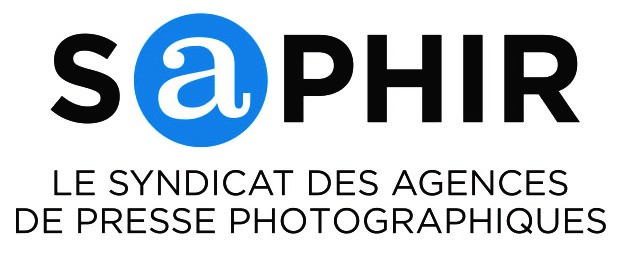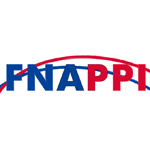In a shocking revelation, one of the largest datasets fuelling AI advancements has been removed from circulation after the discovery of disturbing content. The dataset was found to contain thousands of instances of suspected child sexual abuse material. This disturbing incident underlines the importance of transparency and accountability in the use of AI training data, sparking urgent calls for increased scrutiny and regulation within the industry.
Companies, including CEPIC, have been advocating for greater transparency, not only to protect copyright interests but also to ensure ethical practices and legal accountability. The revelation that AI companies were aware of the inappropriate content within the dataset, yet continued to use it, raises serious questions about the industry’s commitment to responsible AI development.
No reputable business wants to engage with an AI provider who has a model trained on illegal content of any kind, let alone images of child abuse. This is why transparency on input data sources is so important – without it, enterprise adoption and the potential value of AI is held back. Cepic is working to ensure transparency requirements are not diluted in the EU AI Act and continues to champion good practice and the ethical licensing of source data.
Emily Shelley, CEPIC President
As the debate on AI ethics and accountability intensifies, policymakers, industry leaders, and advocacy groups must join forces in establishing robust frameworks that govern the use of training data. The incident involving the removal of this dataset should serve as a wake-up call, reinforcing the urgent need for transparency and responsible practices within the AI community. CEPIC are resolute in their call for regulations that not only expose the content of training datasets but also hold AI developers accountable for ensuring the ethical and lawful use of such data. Only through collective efforts can the industry mitigate the risks associated with unchecked AI development and pave the way for a more responsible and accountable future.
The full article can be found on www.404media.co








